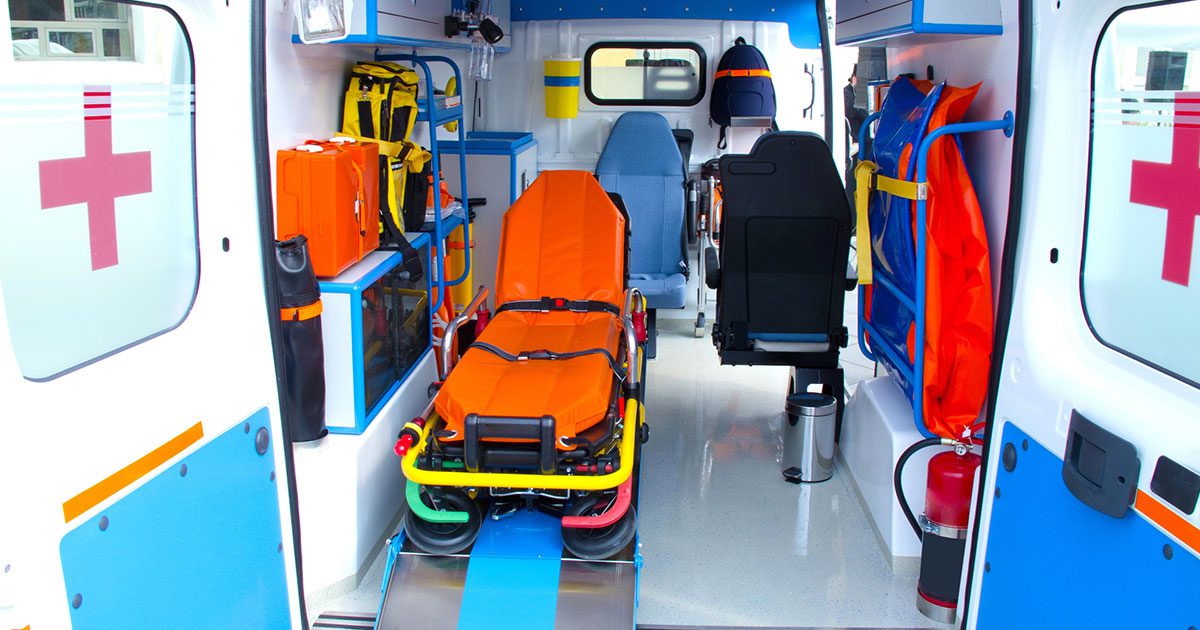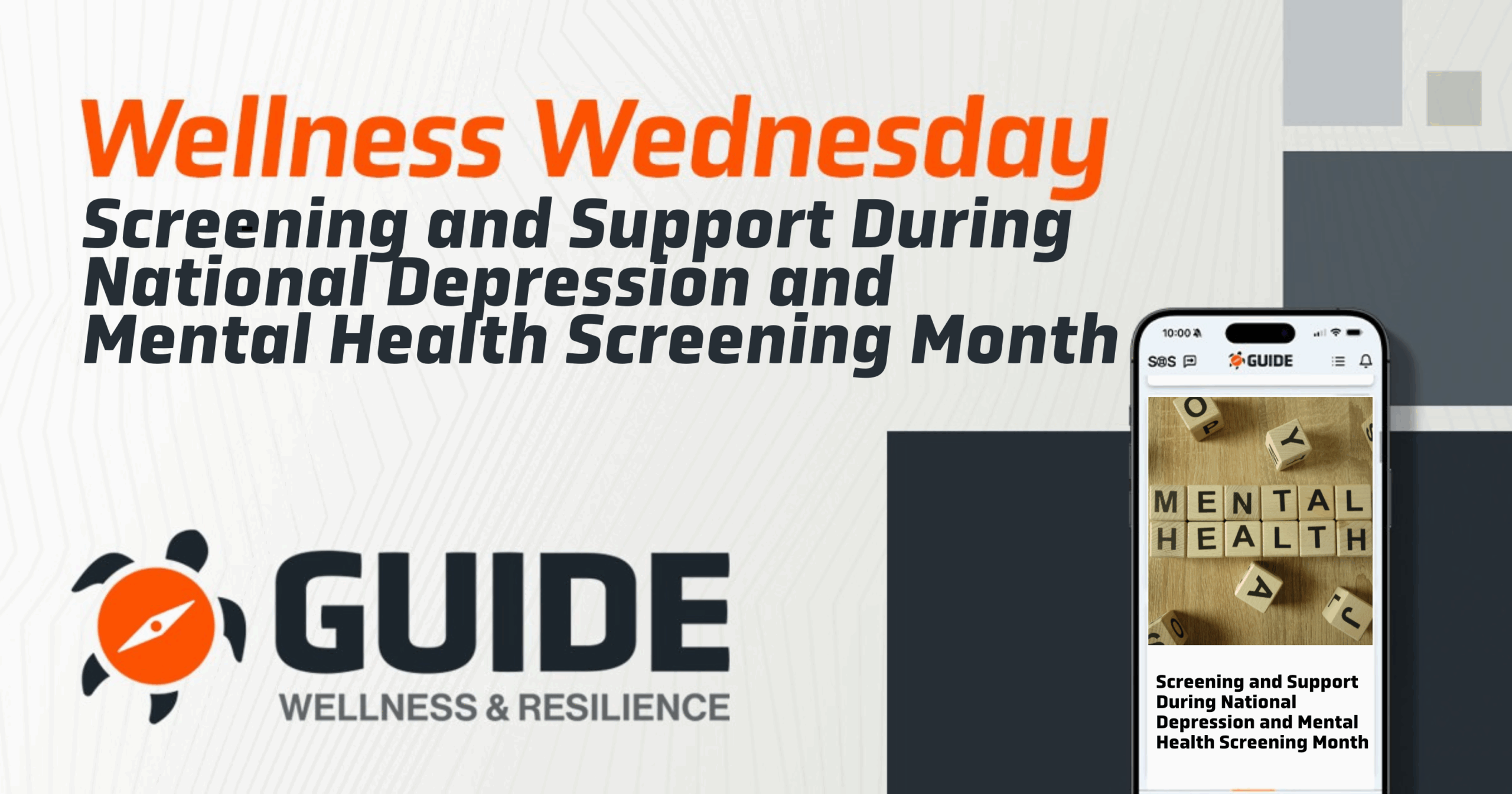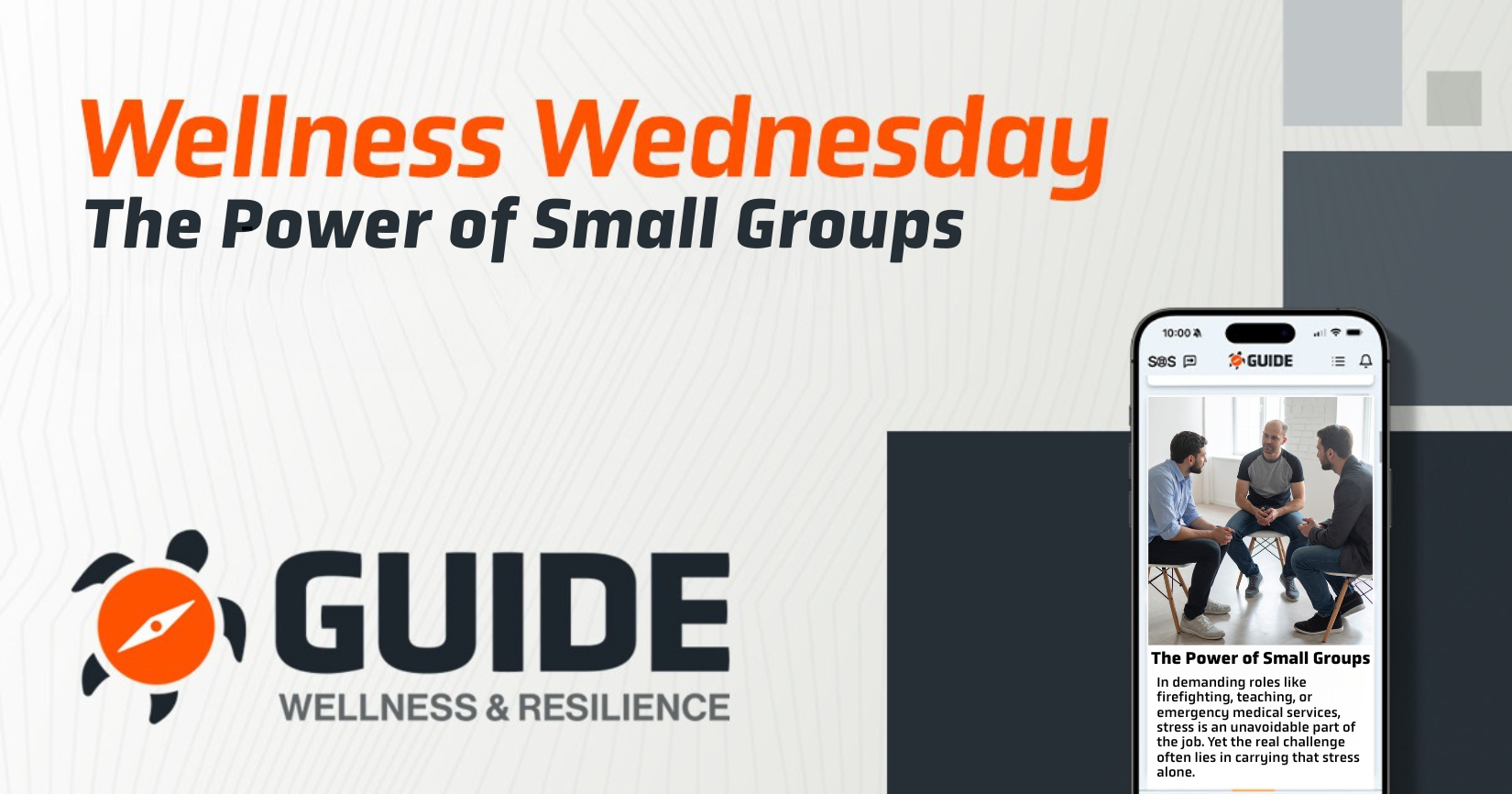For many of us, creating a wellness-focused workspace is about adjusting our office environment—perhaps with an ergonomic chair or a new desk lamp. But what does this concept look like for those who don’t work in a traditional office? For first responders, law enforcement officers, and veterans, the definition of a “workspace” can vary widely, from the front seat of a patrol car to the desk at a fire station.
Today, we’re exploring practical ways to adapt these environments for better mental and physical well-being.
1. Ergonomic Adjustments:
Long hours in vehicles or at non-standard workstations can take a toll on the body. For those in patrol cars or ambulances, adjusting the seat for proper ergonomic support can prevent strain and injury. This might mean adding cushioning for lower back support or adjusting the seat’s height and angle for optimal posture. Simple changes can make a significant difference in how you feel physically at the end of a shift.
2. Maximizing Natural Light:
Access to natural light can improve mood and alertness, crucial for those who work long or non-traditional hours. Whenever possible, arrange brief breaks to step outside or position yourself near windows during paperwork or other stationary tasks. For night shifts, when natural light isn’t an option, consider portable, full-spectrum light devices that can mimic daylight and help regulate your body’s natural rhythms.
3. Portable Wellness Tools:
First responders often transition quickly from low- to high-stress situations, making portable wellness tools invaluable. Items like hydration packs ensure you stay well-watered, while noise-canceling headphones can offer a moment of auditory respite during a break. Small, tactile objects like stress balls or fidget devices can also be beneficial, providing a physical outlet for stress relief.
4. Simplifying and Organizing Your Space:
A well-organized space can significantly reduce stress and increase efficiency. This means keeping your vehicle or station clean and clutter-free and ensuring all equipment is properly stored and easily accessible. Spend a few minutes before each shift to organize, which can set a calm and controlled tone for the day.
5. Adding Personal Touches:
Incorporating personal items into your workspace can provide comfort and motivation during tough moments. This might include family photos, a small personal memento, or even a motivational quote placed where you’ll see it often. These items can serve as a reminder of why you do what you do and who you’re doing it for, offering emotional support during challenging times.
While the work environments of first responders and military personnel might not allow for traditional wellness-focused adjustments, small, thoughtful modifications can significantly impact mental and physical health. Whether you’re in an ambulance, a fire station, or a police cruiser, taking the time to enhance your workspace can lead to improved well-being and increased job satisfaction.
Remember, wellness isn’t just about physical health; it’s about creating environments that support overall well-being. We hope these tips help you create a space that supports you as much as you support our community.
Get Started Today!
Discover the unique benefits of The GUIDE App by scheduling a personal demo with Dave Battinieri, our Director of Sales & Business Development. Gain insights into how our app can revolutionize wellness in your organization.




